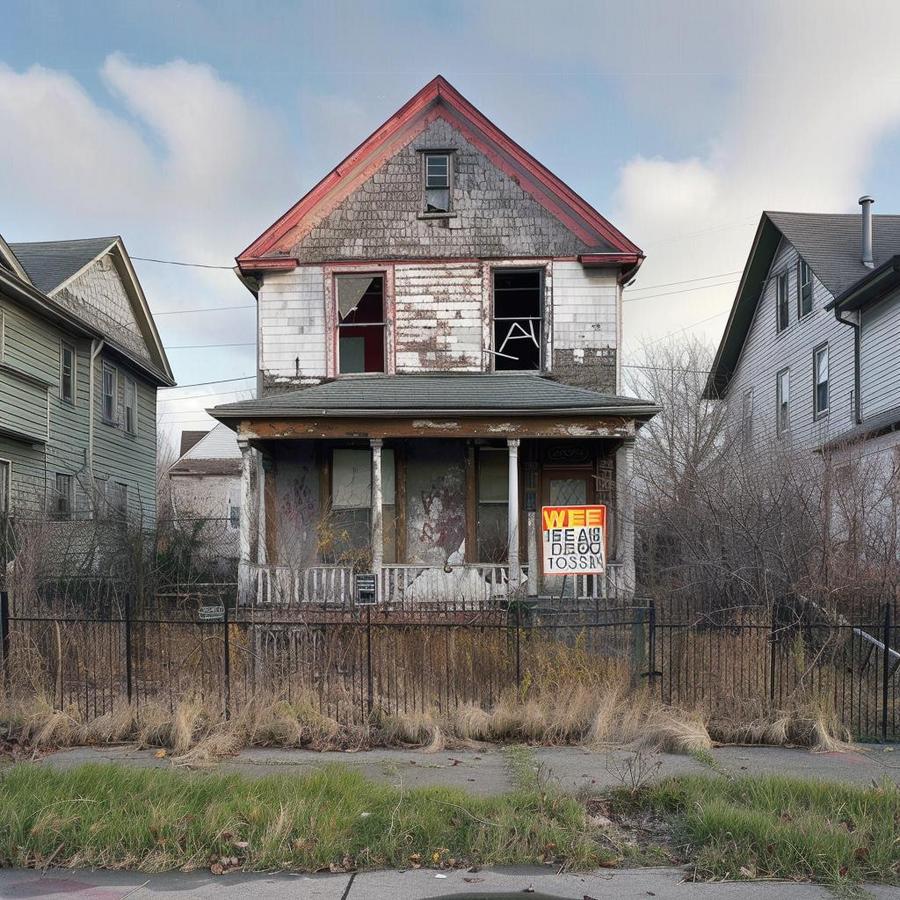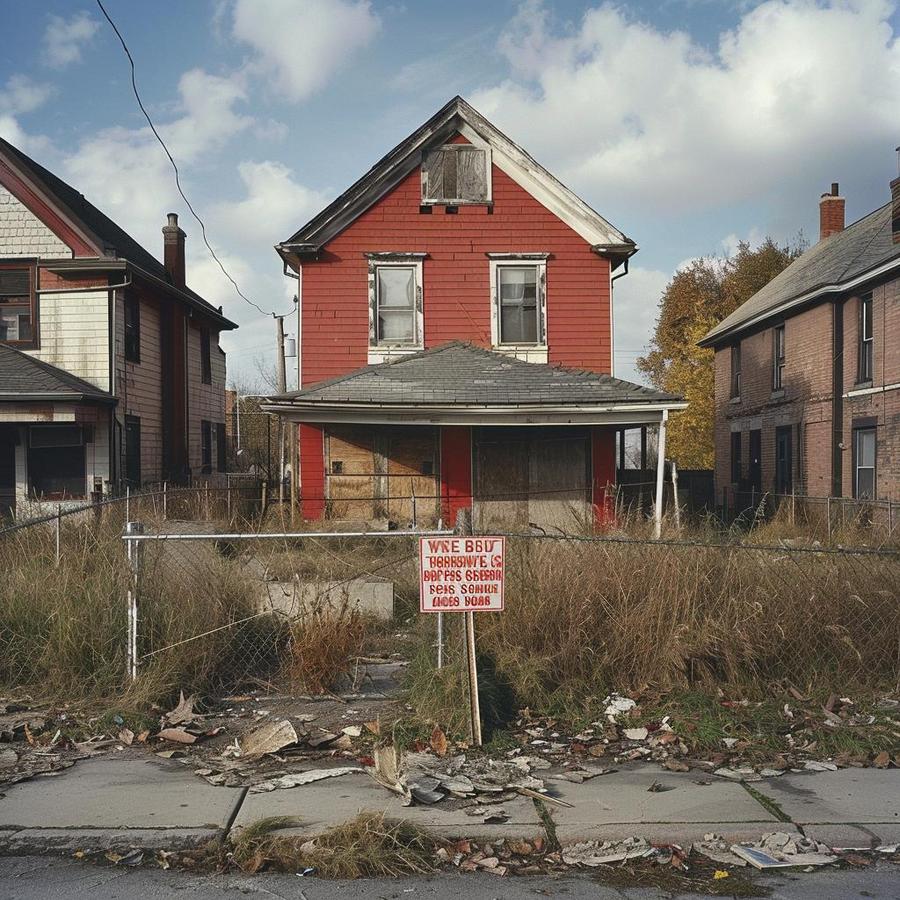If you’ve ever wondered, “Are We Buy Houses companies ethical?” you’re not alone. I’ve talked to plenty of homeowners in Richmond who wrestle with this exact question when they need to sell quickly. Yes, these companies can get you out of a tight spot fast—but you’ll probably leave some money on the table for that convenience. Let’s dig into what’s really going on here, the good and the bad, and how to keep yourself from getting burned. For local insights, see our Sell my house fast in Richmond page.
- Cash buyers can close fast, but may offer less than market value.
- Research past deals and reviews to verify credibility.
- Ethical firms are transparent and fair; avoid pressure tactics.
- Know your home’s true value before accepting an offer.
- Alternatives include agents or auctions for potentially higher prices.
Are “We Buy Houses” Companies Trustworthy?
It depends who you’re dealing with, honestly. Some operators run legitimate businesses with solid reputations. Others? Not so much. The key is finding ones that don’t hide behind confusing contracts or surprise fees. Talk to people who’ve actually sold to them—not just the glowing testimonials on their website. Check public records for complaints too. In Virginia, I’ve seen sellers work with fantastic investors, but I’ve also heard horror stories. Your homework matters here.
Understanding the Business Model of “We Buy Houses” Companies
Here’s how it works: these firms buy homes as-is for cash, then flip or rent them out. They’re usually looking for houses that need significant repairs or sellers facing foreclosure, divorce, or job relocation. When you’re selling a house quickly in Virginia, this setup might seem perfect. But you should probably understand how they’re crunching the numbers on their offers—it’s not as mysterious as they sometimes make it seem.
How to Verify the Credibility of a “We Buy Houses” Company
Start with the basics. Do they have an actual office you can visit, or just a P.O. box? Is their website professional or thrown together? Check if they need licenses in your area (requirements vary). Online reviews help, but take the five-star ones with a grain of salt. Ask for three recent references and actually call them. Any legitimate buyer won’t get defensive when you ask questions.
How Do “We Buy Houses” Companies Evaluate Properties?

The Process Behind Cash Offers
They look at your home’s condition, the neighborhood, and what similar houses sold for recently. Then comes the math: they take the after-repair value (what they think they can sell it for once fixed up) and subtract repair costs plus their profit margin.
Example: Cash Offer Calculation
Here’s a real example: Say a house could sell for $250,000 after repairs. They estimate $30,000 in repairs, $10,000 in carrying costs and fees, and want $25,000 profit. Your offer? $185,000. Once you see it laid out like this, you can decide if it seems reasonable or if they’re padding their numbers.
Fairness in Property Evaluation
Some investors shoot straight with their offers. Others throw out laughably low numbers hoping you’re desperate enough to bite. Pull up Zillow, check recent sales in your neighborhood, maybe even get a realtor’s opinion. If someone’s offering you $150,000 when similar houses sold for $220,000 last month, you deserve an explanation.
What Are the Ethical Practices in Real Estate Investing?

Defining Ethical Practices
At its core, ethical investing means treating people fairly. No lying about repair costs. No taking advantage of someone’s grandmother with dementia. Contracts should be written in language a normal person can understand, not legal gibberish designed to confuse.
Common Ethical Challenges
The ugly truth? Some firms specifically target elderly homeowners or people in financial crisis. They show up at the door, create false urgency, and discourage sellers from getting outside advice. If anyone tells you not to talk to a lawyer or realtor, that’s your cue to show them the door.
Can Selling to a “We Buy Houses” Company Be Advantageous?

Immediate Cash Offers: Pros and Cons
- No fixing that leaky roof or ancient furnace
- Close in days, not months
- Deal won’t fall through from financing issues
- You’ll get less than listing with an agent (usually 70-80% of market value)
For folks in Norfolk facing foreclosure or a messy divorce, being able to sell your home quickly in Norfolk might be worth the trade-off.
Traditional Sale vs. Cash Offer
A traditional sale could net you $20,000-50,000 more. But it also means months of showings, inspections that might kill the deal, and agent commissions eating 6% of your sale price. Cash offers? Quick and certain, but lighter on your wallet. What matters more to you right now?
What Are the Potential Risks?
Common Pitfalls
The biggest risk is simply getting ripped off—accepting far less than you should. But there are sneakier problems too. Some buyers lock you into contracts with hefty cancellation fees, then “discover” issues to renegotiate lower. Others drag out closing while your situation gets more desperate.
Legal and Financial Considerations
Virginia law does offer some protection against outright fraud, but you need to know your rights. That contract they’re pushing across the table? Have someone who isn’t trying to buy your house review it first. Seriously.
How to Identify Unethical Practices
Warning Signs
- They promise one price on the phone, then slash it after seeing the house
- “This offer expires when I walk out the door”
- Won’t let you bring in your own inspector or appraiser
- Surprise “administrative fees” appear at closing
Protecting Yourself
Get at least three offers—it’s eye-opening how much they can vary. Have a lawyer look at anything before you sign. And trust your gut; if something feels off, it probably is.
What Legal Protections Exist?
Both Virginia and federal law prohibit deceptive practices in real estate transactions. The Consumer Financial Protection Bureau can help if you’ve been scammed. Organizations like Shelterforce break down these protections in plain English.
How Important is Transparency?
Huge. A legitimate buyer will walk you through exactly how they calculated their offer. They’ll show you comparable sales, explain repair estimates, and tell you upfront about any fees. If they’re cagey about the details, that’s a problem.
How Can Sellers Evaluate the Fairness of an Offer?
Do your homework before anyone knocks on your door. Look up what your neighbors’ houses sold for—actual sale prices, not listing prices. In markets like fast home sale in Virginia Beach, prices can vary wildly by neighborhood, so get specific.
Seller Checklist
- Get at least two offers (three is better)
- Know your home’s actual market value
- Ask each buyer to break down their offer
- Research the buyer’s past deals
- Run everything by a real estate attorney
What Community Impacts Do They Have?
It’s complicated. On one hand, these companies often renovate abandoned eyesores, which helps neighborhoods. But they might also contribute to gentrification, pushing out long-time residents when property values jump. The impact really depends on how they operate and what happens after they buy.
Are There Alternatives?
Absolutely. Real estate agents can sometimes arrange quick sales, especially in hot markets. Auctions work too—though they’re unpredictable. Some sellers in Chesapeake have luck with flat-fee MLS listings to sell your house fast in Chesapeake while keeping more profit.
FAQs
Q: Do all We Buy Houses companies pay below market value?
A: Pretty much, yes. They need room for repairs and profit. But “below market” might mean 90% in some cases or 60% in others—huge difference.
Q: How fast can these companies close?
A: I’ve seen deals close in 5 days when everything lines up. More typically it’s 10-14 days for title work and paperwork.
Q: Can I negotiate a cash offer?
A: You can always try. Show them higher comps, point out features they missed. Just be ready to walk if they won’t budge.
Q: Is it safer to work with a local buyer?
A: Sometimes. Local buyers might know the area better and care about their reputation in town. But out-of-state doesn’t automatically mean sketchy—just do extra checking.
Q: Should I get an appraisal before selling?
A: If you can afford the $400-500, yes. It’s ammunition for negotiations and keeps you from accepting a terrible offer out of ignorance.






